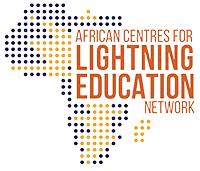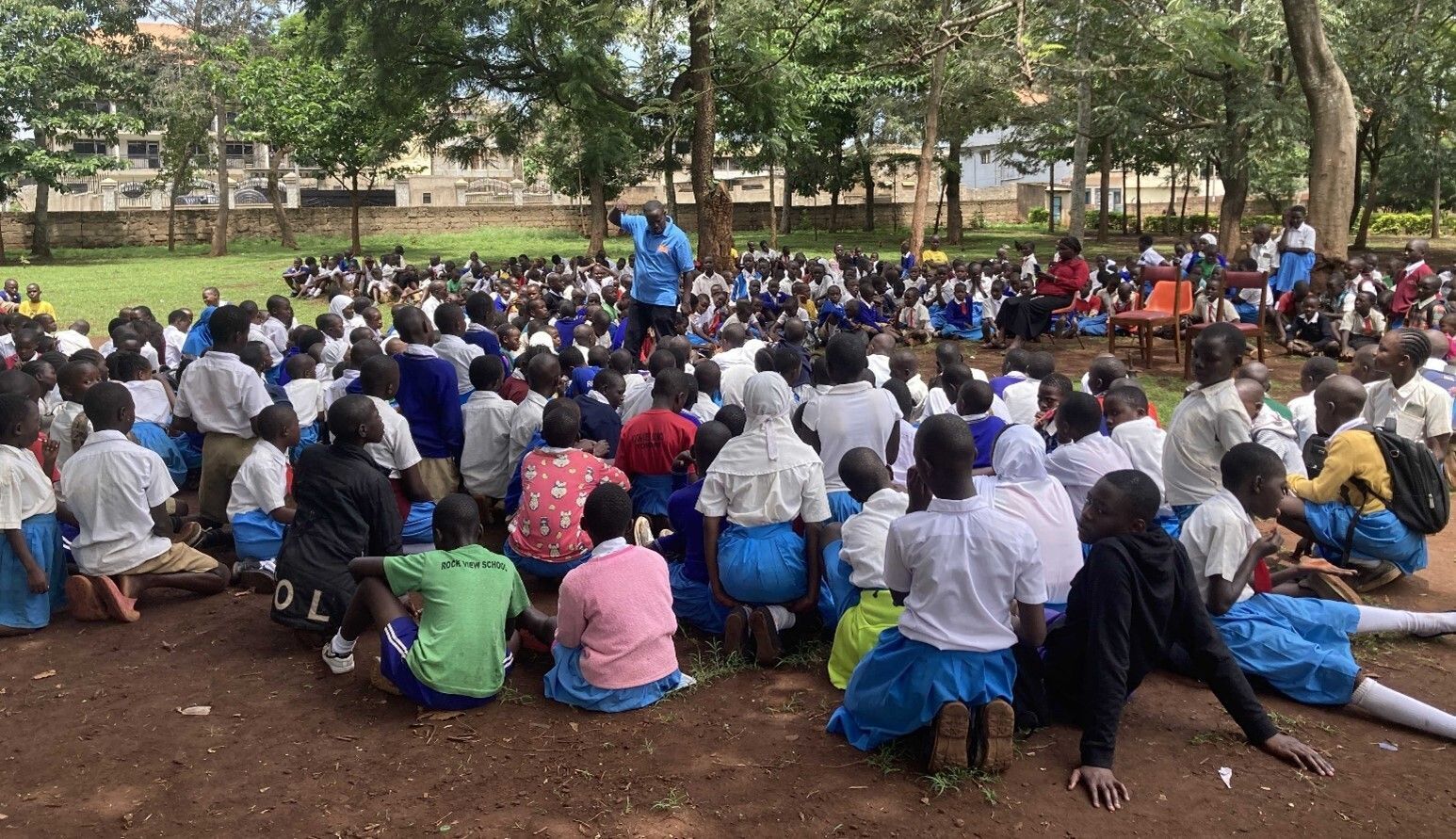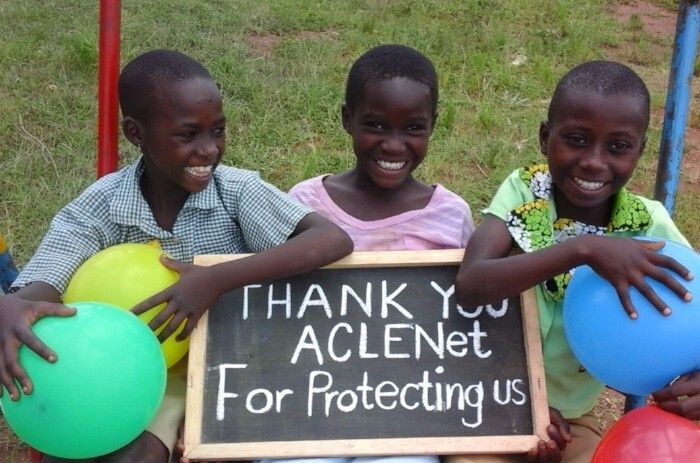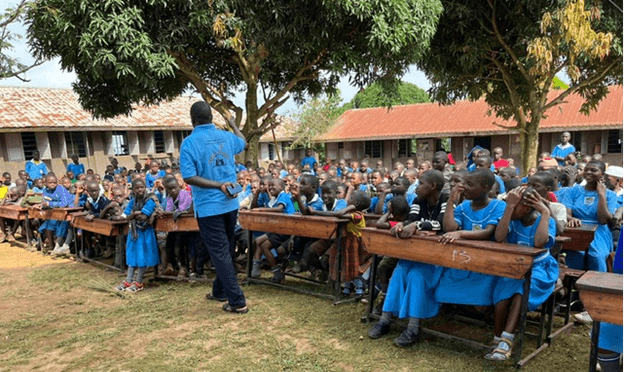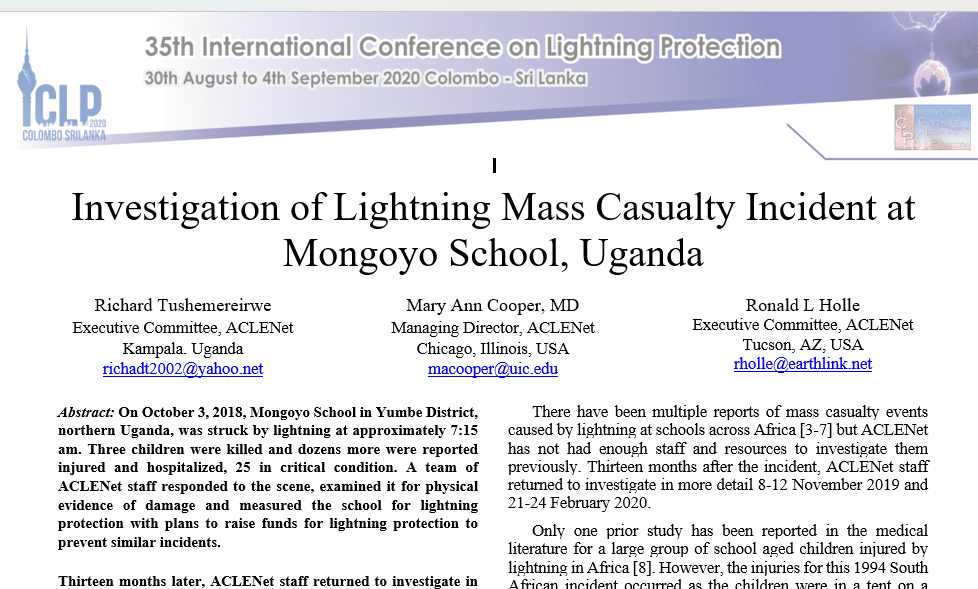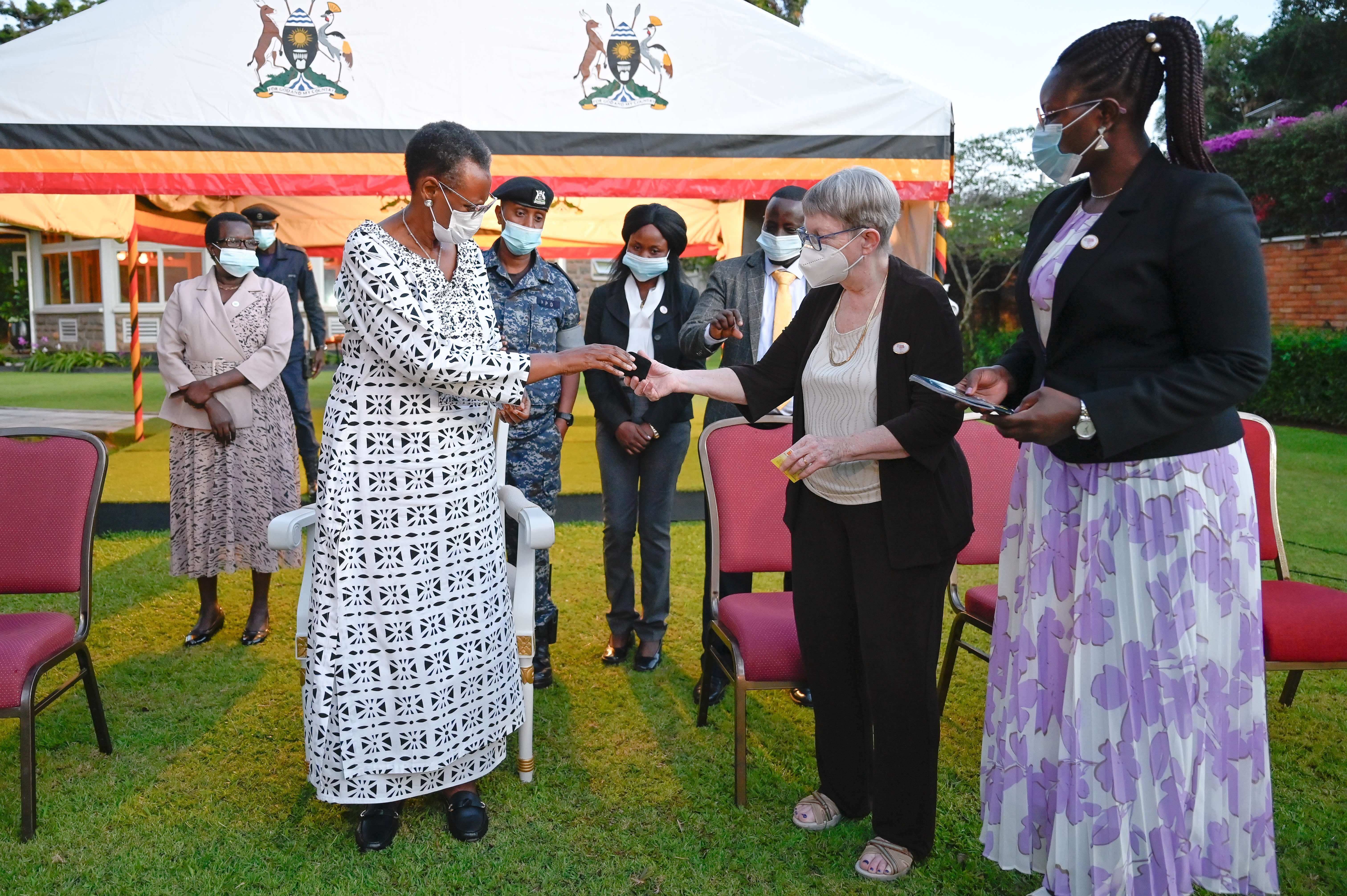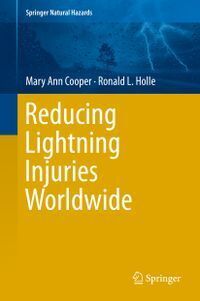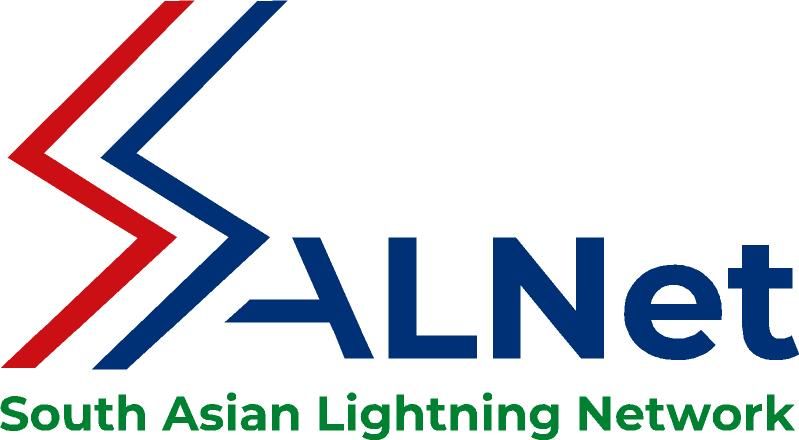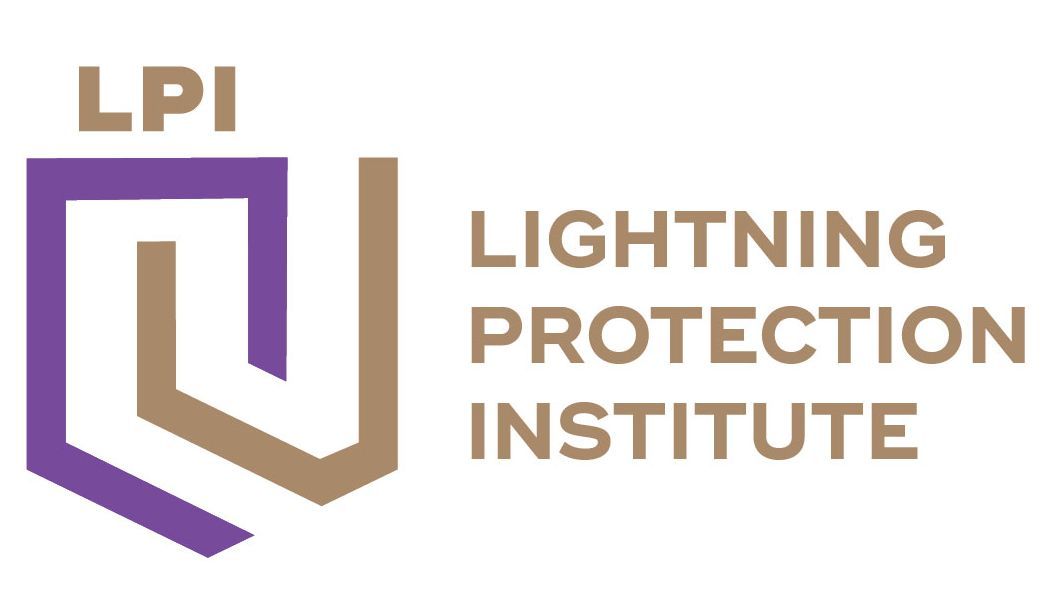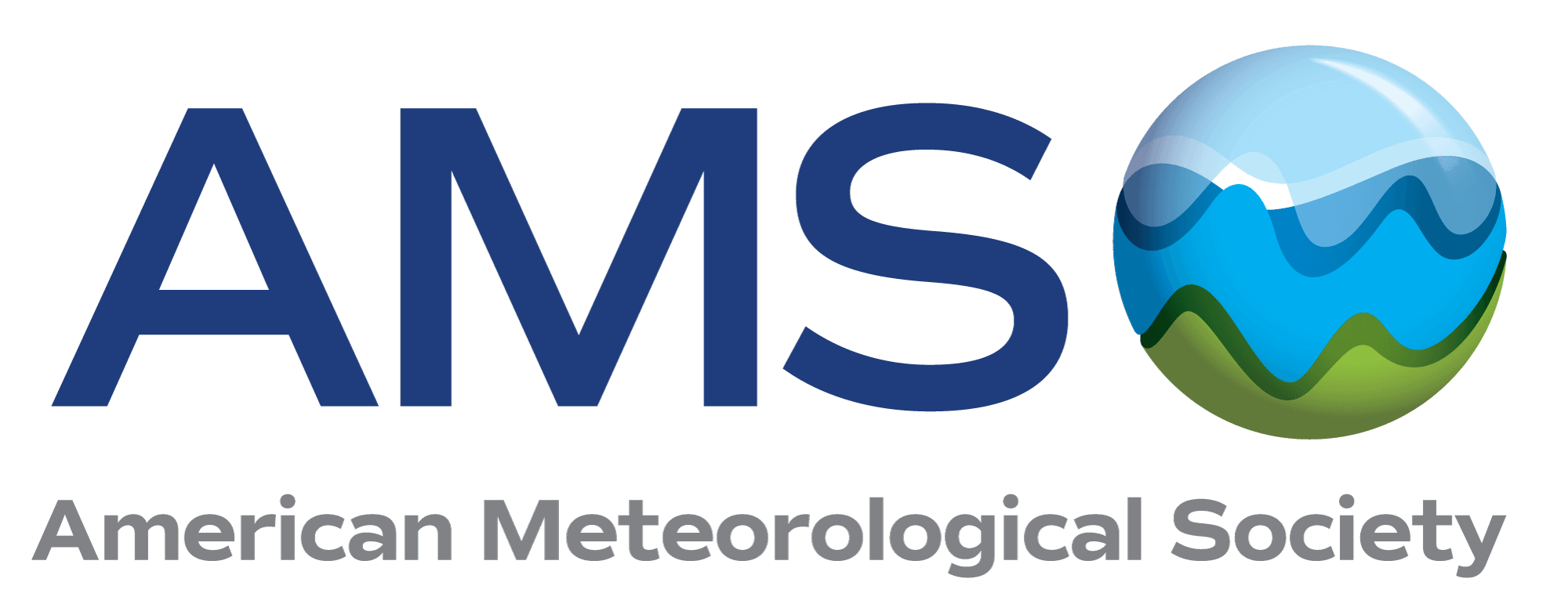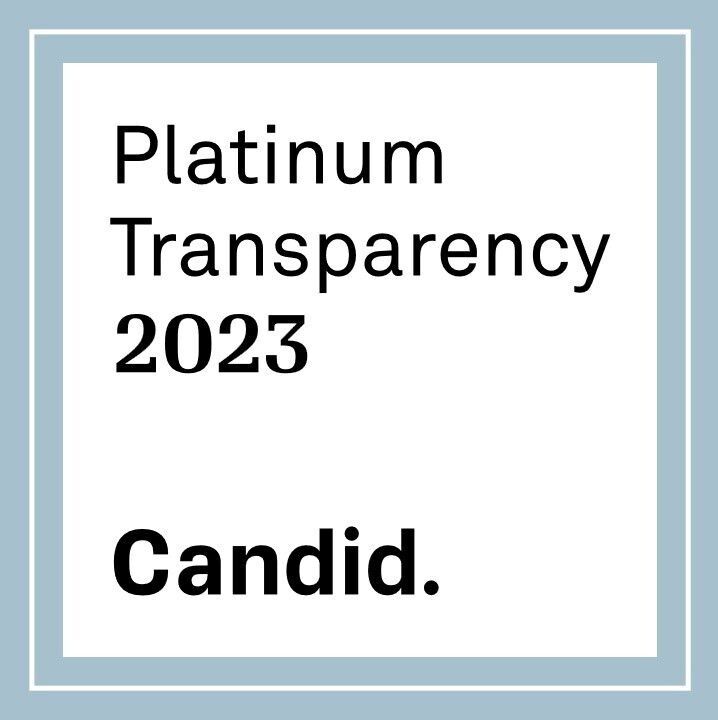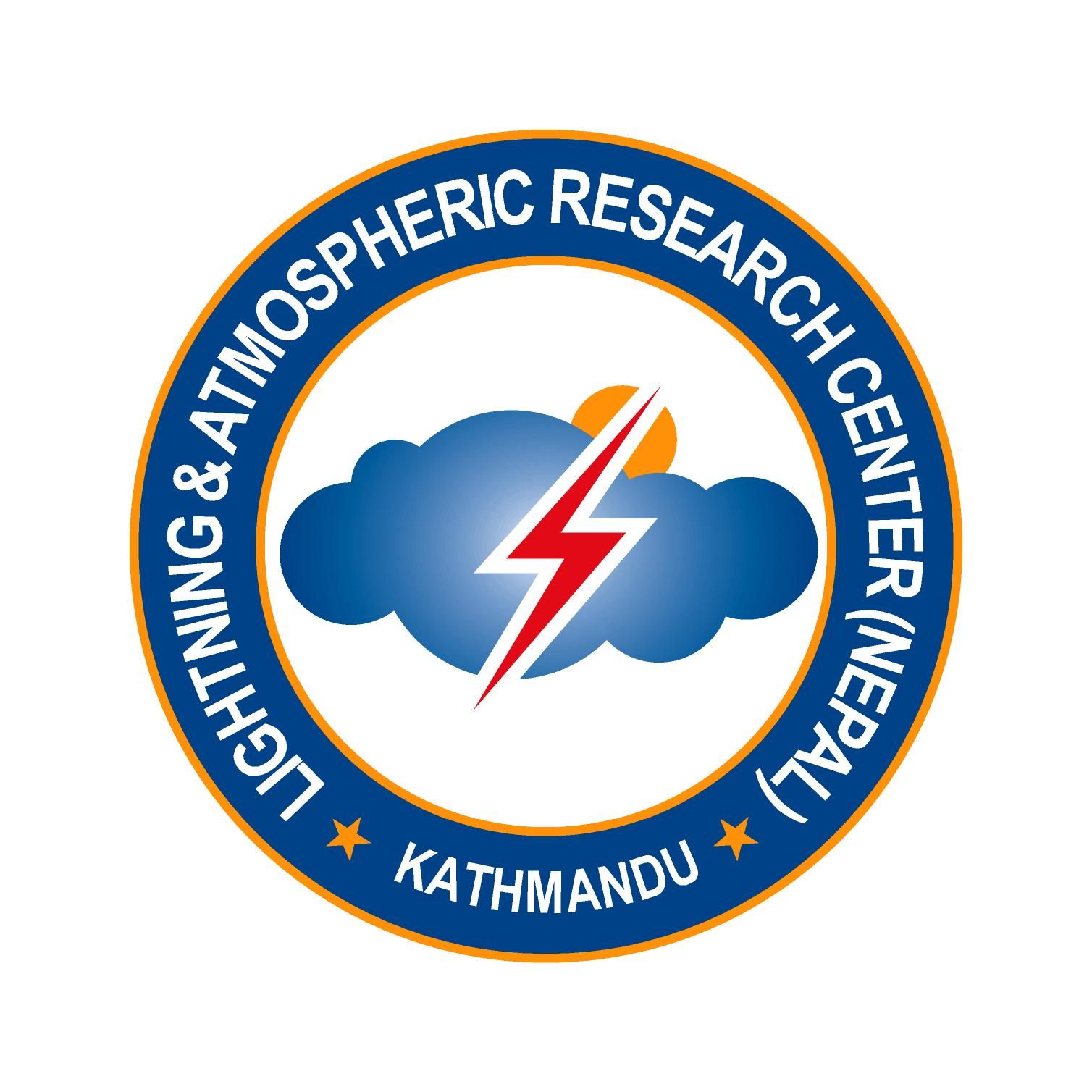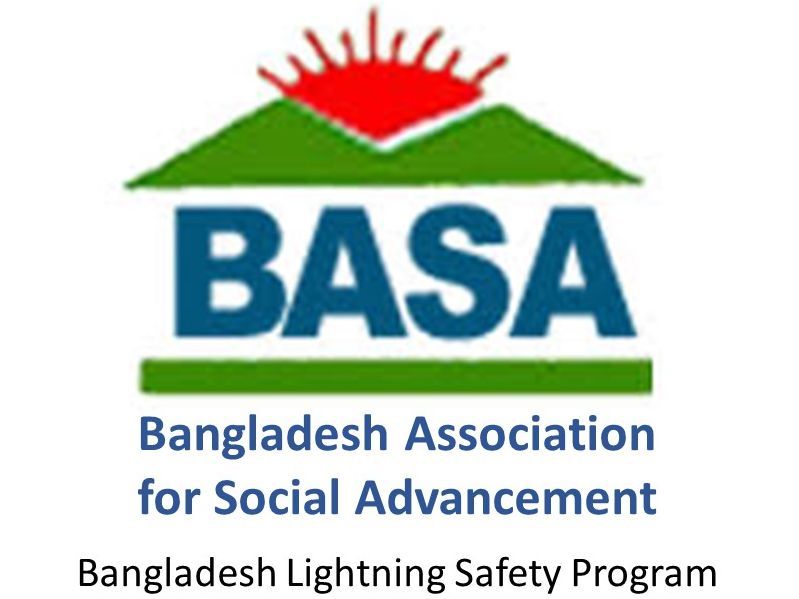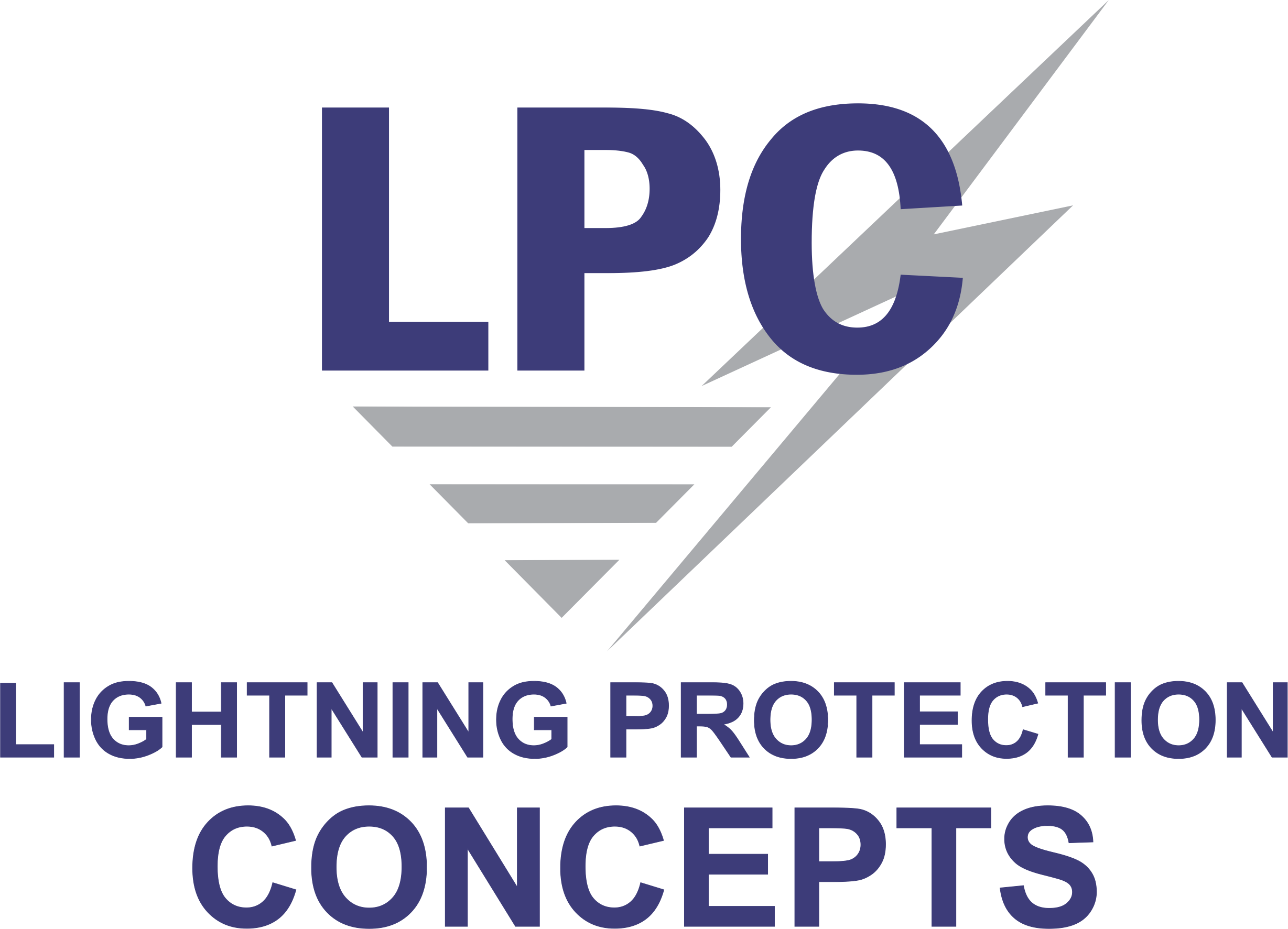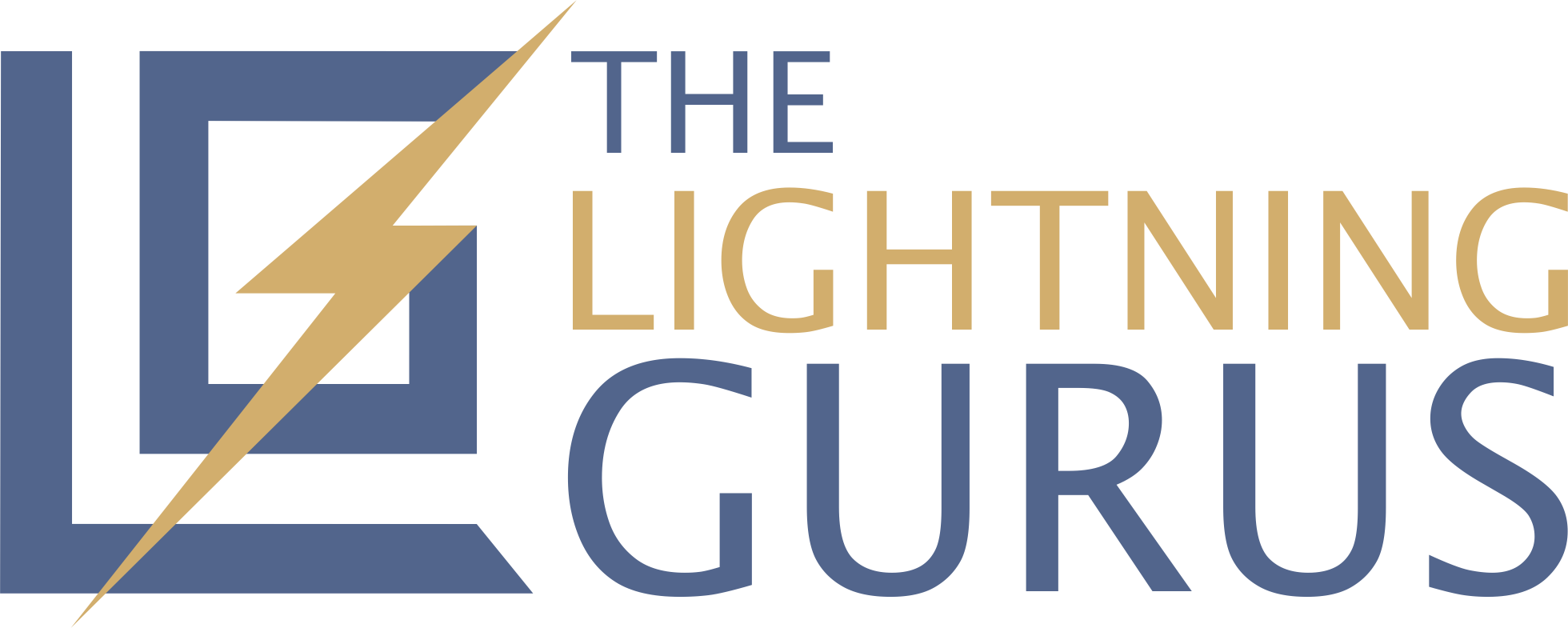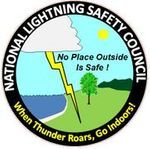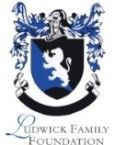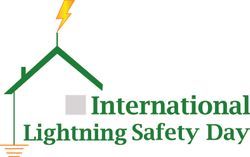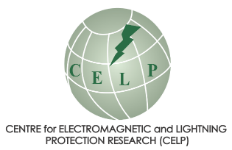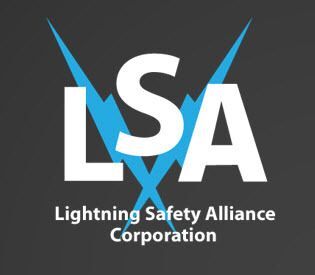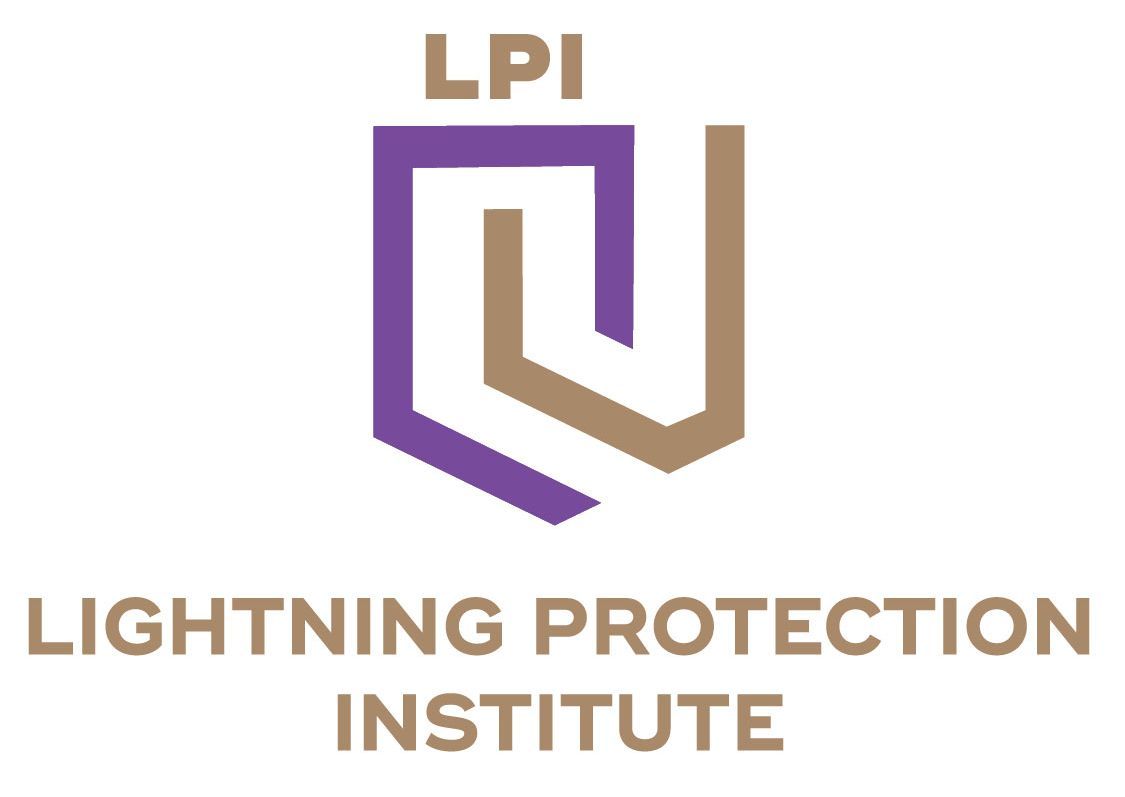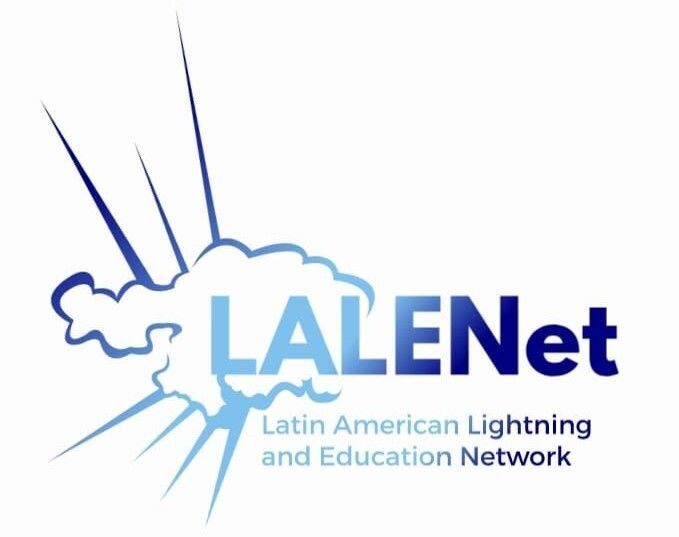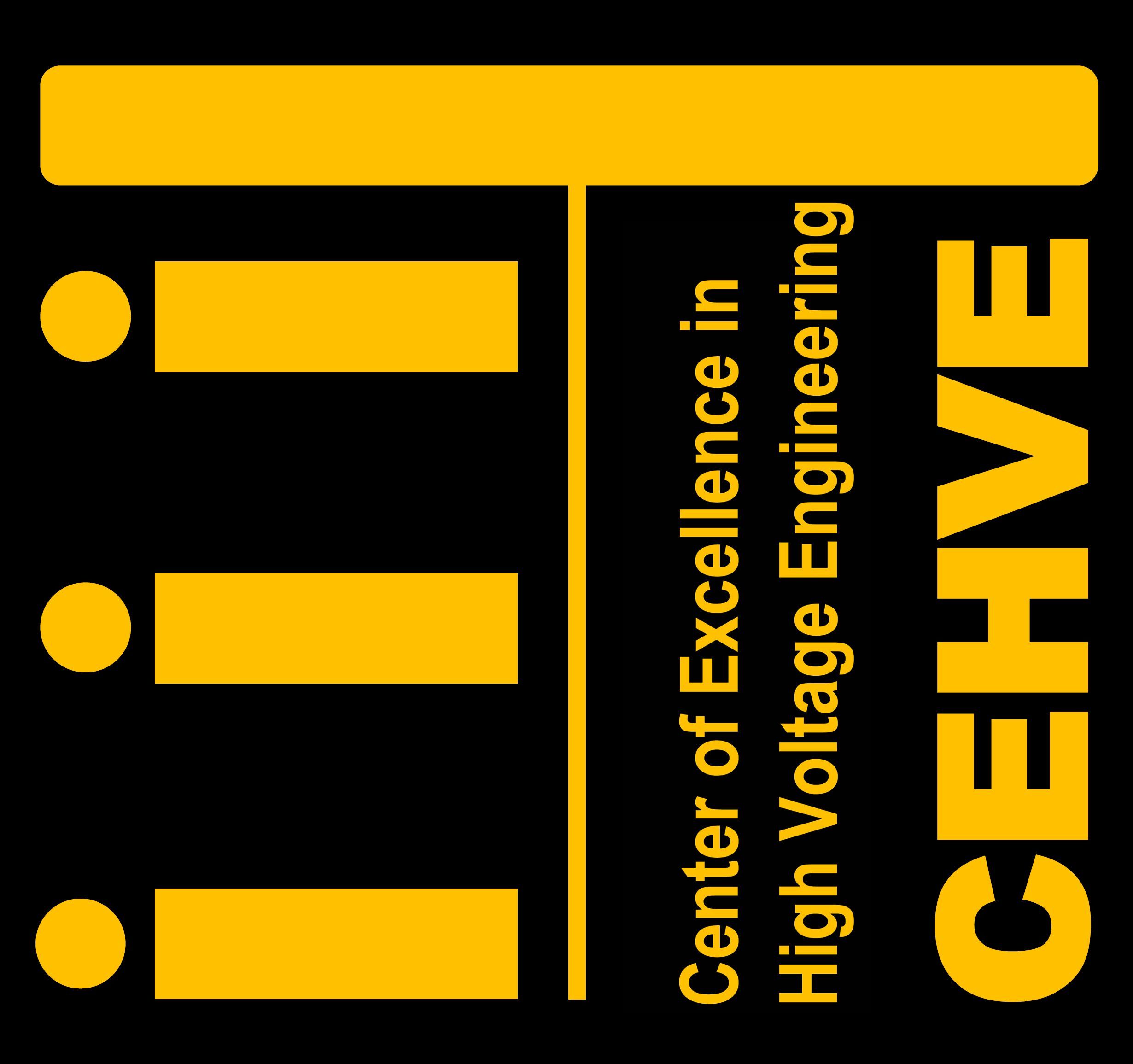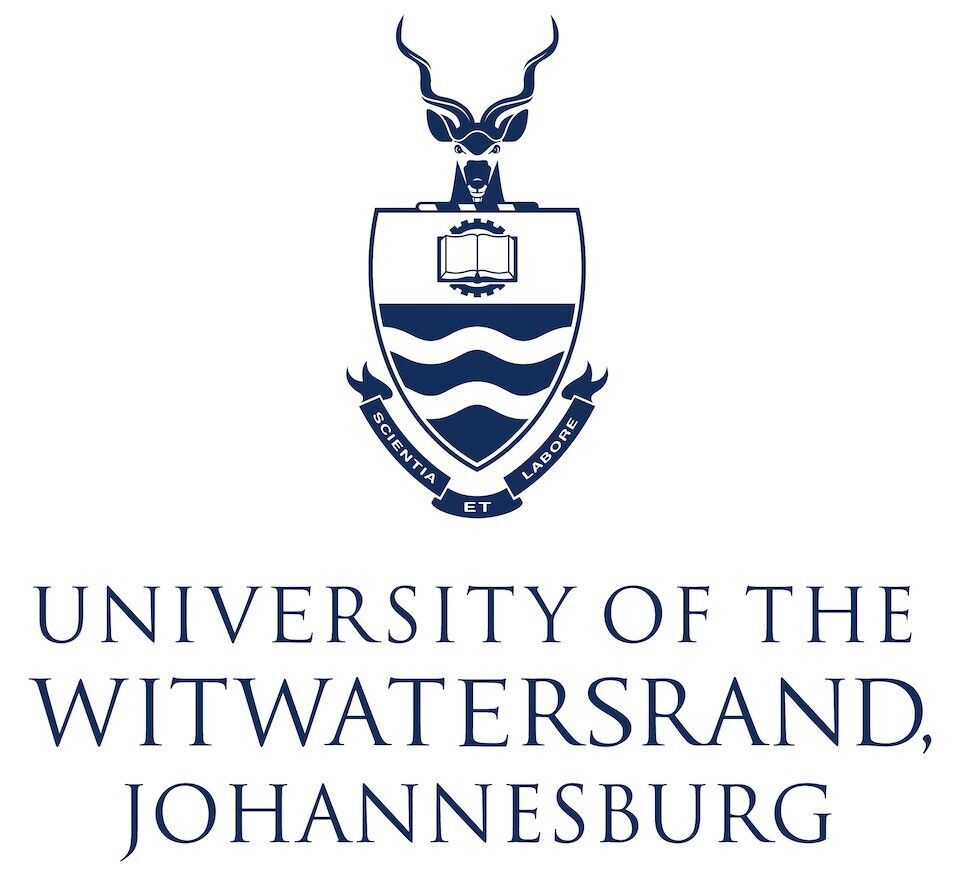Thank you for your interest in ACLENet.
ACLENet works through several programs to decrease deaths, injuries and property damage from lightning across Africa. These include:
-
More lightning injuries and deaths occur to children in the schools than in any other setting.
-
Lightning safety education for students, parents, and the general public.
Education in standardized lightning protection design and installation for engineers and others. -
How many lightning injuries occur across Africa? How do they occur? What can we do to prevent injuries? Presentation of our research at international meetings, in journals, and with governments raises awareness of these injuries and moves us towards solutions.
-
- to address lightning injury prevention,
- for adoption of lightning protection standards and to affect building codes,
- to investigate mass casualty incidents,
- to foster lightning safety at schools and work places
